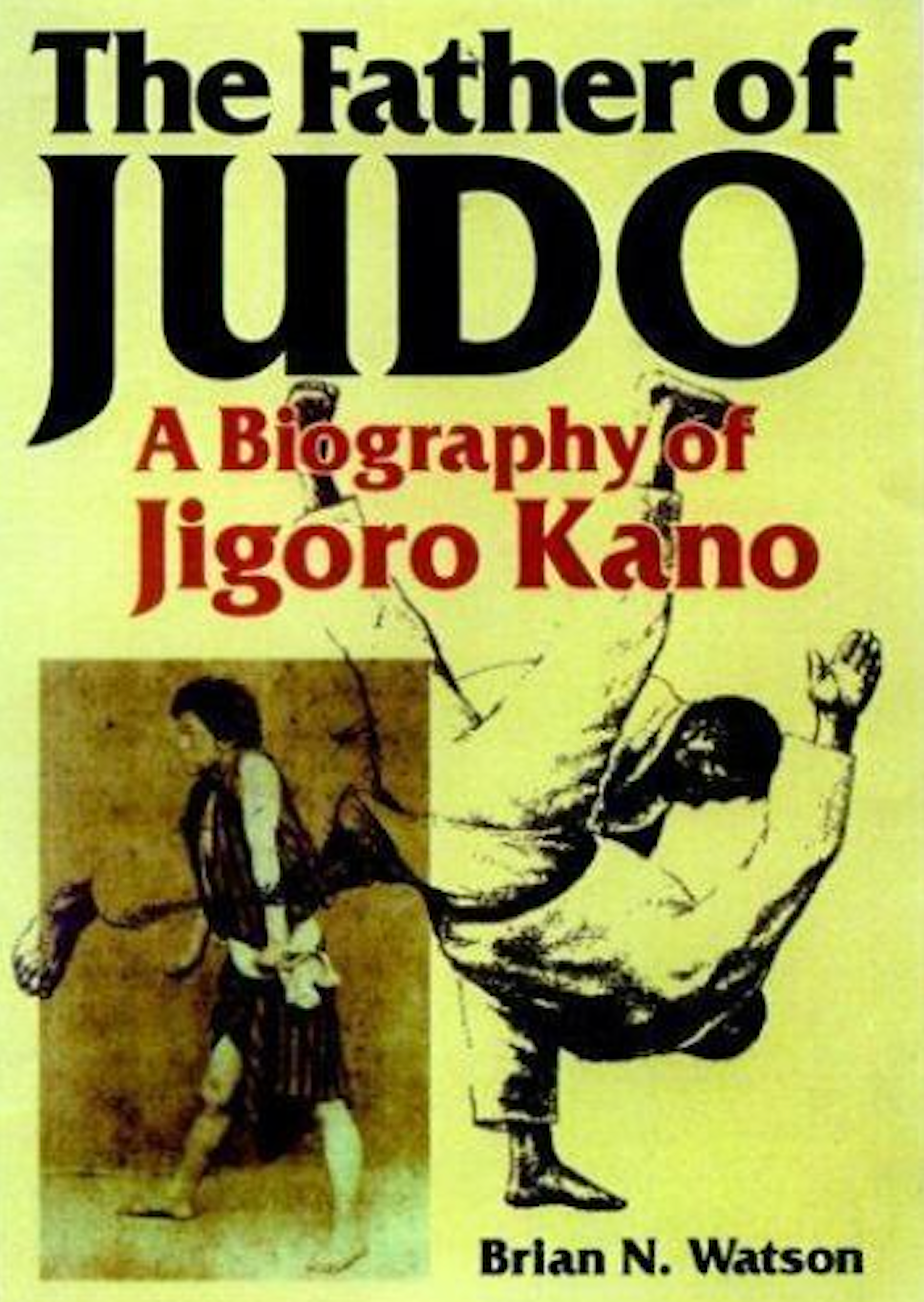Ignoring the unspoken rule that a student should practice just one martial art under one teacher, Kano sought out the best techniques from all the jujutsu schools. In the process, he became more than strong enough to defend himself, and soon he began to develop a following. In 1882, at age twenty-two, he founded the Kodokan school of judo, which was the beginning of the sport as we know it today.
Kano was more than a renowned practitioner of the martial arts. He graduated from the most prestigious university of the day, became at twenty-five a professor at a school for the scions of the Japanese aristocracy (and which he felt should be opened to commoners), and was later the principal of the Tokyo Teachers' Training College. In addition to his own private English school, he established a school for students from China. He served as chairman of the Japan Amateur Sports Association and was the first Asian to be elected to the International Olympic Committee.
In creating judo, Kano sought to provide a means of leading a more meaningful life, both physically and mentally. He himself exemplified that type of well-rounded life. His story, as narrated in The Father of Judo: A Biography of Jigoro Kano, is sure to inspire all present and future practitioners of judo.
Jigoro Kano was small as a child, which gave rise to his determination to study jujutsu. In his early twenties, he combined the best of what he had assimilated and founded modern judo. A professor at the age of twenty-five, he played an important educational role in transforming Japan from a country ruled by the samurai into a modern nation.
About the Author
Brian N. Watson was born in Middlesbrough, England, in 1942. He trained in judo at the Renshuden and the Budokwai in London, gaining a 2nd dan, and later at Chuo University, Tokyo. He was formerly a Special Research Student at the Kodokan, Tokyo, where he gained a 4th dan. A university lecturer and translator, he is English correspondent for the Imperial Hotel, Tokyo, and is married with two daughters.


